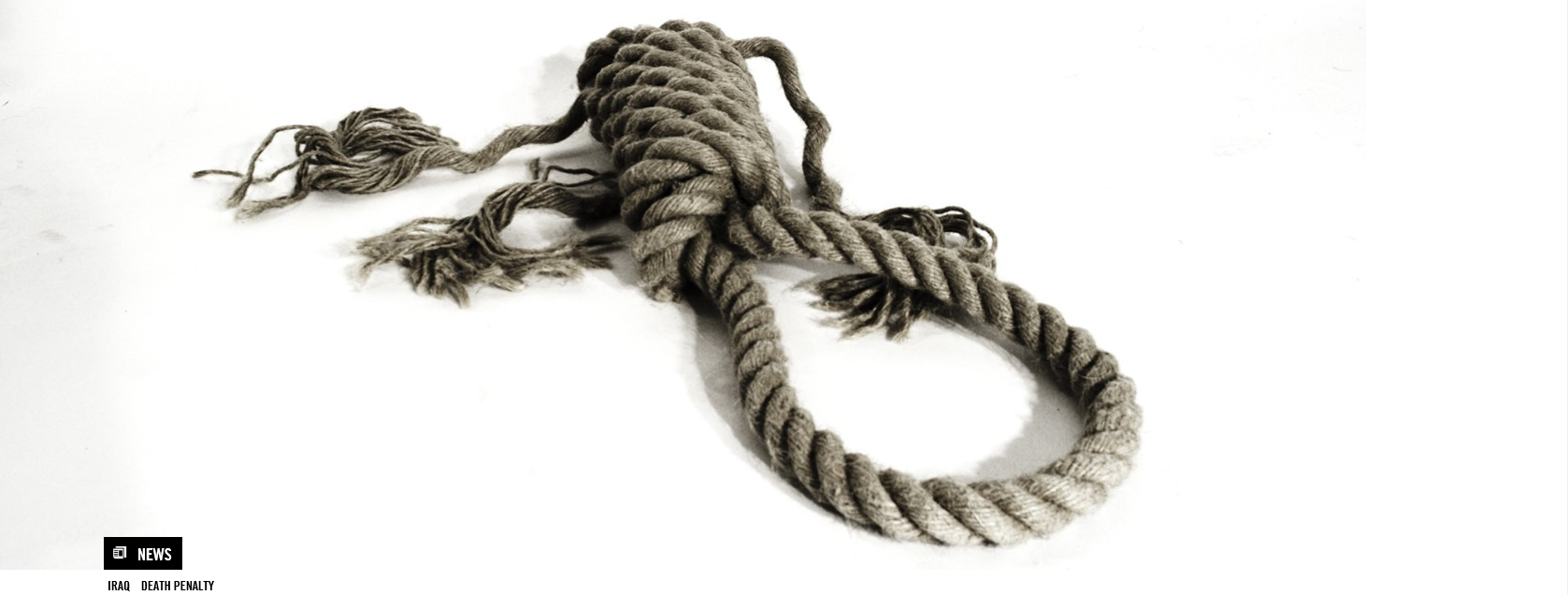The Saudi Arabian authorities executed a man today, bringing the total number of people put to death so far in 2017 to 100, with 60 people executed in the past three months alone, said Amnesty International.
“Since July 2017, the Saudi Arabian government has been on an execution spree with an average of five people put to death per week. This sets the country firmly on track to remain one of the most prolific executioners on the planet,” said Lynn Maalouf, Director of Research for Amnesty International in the Middle-East.
“If the Saudi authorities are truly intent on making reforms, they must immediately establish an official moratorium on executions as a first step towards abolishing the death penalty completely.”
Forty percent of the executions carried out so far this year were related to drug-related offences, which do not fall into the category of “most serious crimes”. The use of the death penalty for such offences violates international human rights law.
Unfair trials
Many people in Saudi Arabia sentenced to death and executed are charged guilty following seriously flawed court proceedings that routinely fall far short of international fair trial standards. They are often convicted solely on the basis of “confessions” obtained under torture and other ill-treatment, denied legal representation in trials which are held in secret, and are not kept informed of the progress of the legal proceedings in their case.
For example, on 13 September Said al-Sai’ari was executed in the city of Najran, in the southwest of Saudi Arabia. He was found guilty of the murder of another Saudi Arabian man, by the same court that concluded that there was not enough evidence to convict him.
“Said al-Sai’ari was put to death in spite of the lack of evidence against him. This just shows how facile it is for the Saudi Arabian authorities to resort to this inhumane, and more crucially, irreversible punishment,” said Lynn Maalouf.
Death penalty as a tool
“The Saudi authorities have been using the death penalty as a tool to crush dissent and rein in minorities with callous disregard for human life. They should immediately quash these sentences and ensure that all trials meet international fair trial standards without recourse to the death penalty” said Lynn Maalouf.
At least 33 members of Saudi Arabia’s Shi’a Muslim community currently face the death penalty. All were accused of activities deemed a risk to national security. Among them are Ali al-Nimr, Abdullah al-Zaher, Dawood al-Marhoon who were arrested for alleged offences committed when they were under 18 and who said that they were tortured in order to make them “confess”. Last month the family of another young man Abdulkareem al-Hawaj were informed by court officials that the Supreme Court had upheld his death sentence for offences related to his involvement in anti-government protests. Al-Hawaj was only 16 when he took part in the protests; he has exhausted all his appeals and can be executed as soon as the King ratifies his sentence. They are all at imminent risk of execution.
On 11 July, Yusuf al-Mushaikhass along with three other Shi’a men were executed in the country’s Eastern Province of Qatif for terror-related offences in connection with their participation in anti-government protests between 2011 and 2012. He was convicted following a grossly unfair trial which hinged largely on a “confession” obtained through torture.
The families of the 14 Shi’a men accused of protest-related crimes and whose death sentence was upheld by the Supreme Court on 24 July live in the fear of receiving at any time the horrific news of the execution of their relatives.
Background
Saudi Arabia uses the death penalty for a wide range of offences that are not accepted as the “most serious crimes” under international human rights law, which are limited to crimes involving intentional killings.
Saudi Arabia is one of the top executioners in the world, with more than 2,000 people executed between 1985 and 2016.
Amnesty International opposes the death penalty in all cases without exception regardless of the nature or circumstances of the crime; guilt, innocence or other characteristics of the individual; or the method used by the state to carry out the execution.
For more information please contact: Elizabeth Berton-Hunter, Media Relations 416-363-9933 ext 332 bberton-hunter@amnesty.ca






















